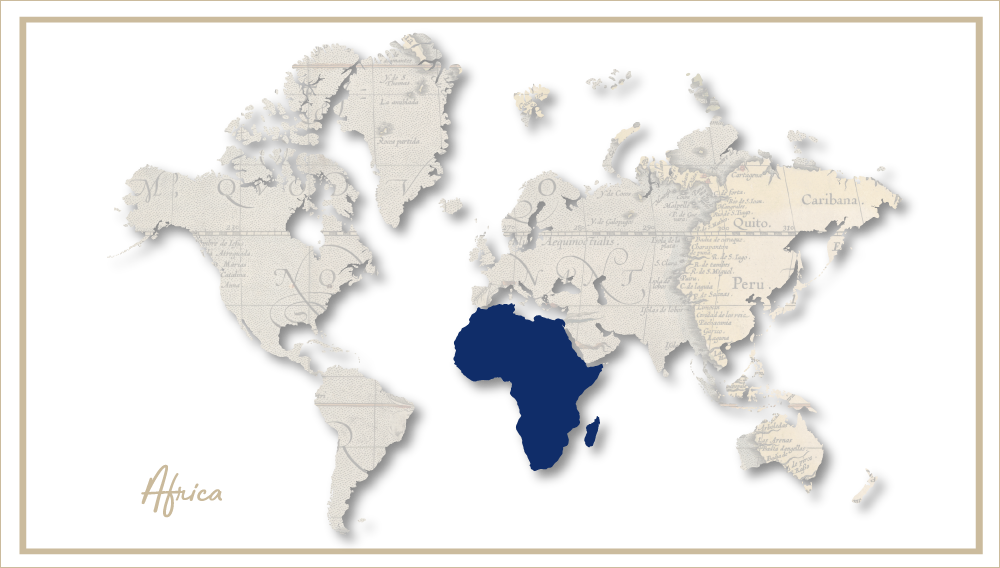Government plans tax hike on alcohol
As Egypt prepares for a referendum on a controversial new constitution 15 December 2012, the draft of which was boycotted by most liberals, secularists and Christians in the constituent assembly on 30 November, the news that the government had also drafted a law to raise the sales tax on several commodities, including alcohol, and services to 11 percent from 10 percent, went largely without comment.
Without quoting sources, the Al-Ahram newspaper reported in early November 2012 that the sales tax would rise on goods, such as passenger cars, cigarettes and tobacco, beer and alcoholic drinks, non-alcoholic beer, carbonated mineral water, coffee beans and water-resistant cement.
These tax changes are meant to cut a budget deficit running at about 11 percent of gross domestic product. Before the draft law on a higher sales tax comes into effect, it has to be approved by the president or parliament. No date has been mentioned yet.
It’s highly unlikely that there will be a public outcry against the sales tax hike on beer and alcoholic drinks as it will only affect tourists (who can afford it) and small pockets of the Egyptian population that are best advised not to make a fuss over booze in a Muslim country.
But to liberals, secularists and Christians it will serve as an indication how far the Islamist government wants to push its religious agenda.
When Egyptians chose the Muslim Brotherhood’s Muhammad Mursi as their new president, they put an Islamist in charge for the first time in their history. So far, there has not been a government clamp-down on bars and beach tourism.
Brotherhood officials have so far refrained from commenting on the future of beer and bikinis, the shorthand for Egypt’s beach tourism. Beach tourism is the mainstay of Egypt’s incoming tourism and serves as an income for approximately 20 percent of the country’s labor force.
Since their rise to power in the elections half a year ago, Brotherhood officials have often dismissed the topic as marginal, telling media that there are more important things to worry about, like fixing the economy. Other, more hardline Islamists have been clearer. Last December, it was reported the spokesman of the Salafist Nour Party had said his party was in favour of a blanket-ban on alcohol and improper forms of beach tourism because they induce vice.
Currently, the benchmark price in a shop in Cairo for a midrange bottle of wine is USD 14; a bottle of domestic beer (500 ml) costs about USD 1.60 while the price for an imported beer (330 ml) is USD 2.50. Expect to pay more in tourist resorts.
Average beer consumption was 1.5 litres in 2011, Heineken said at a recent investor conference in Lagos and forecasted that it would grow 3.9 percent annually through to 2020. That’s in line with Euromonitor’s estimates which say that beer sales could increase in both volume and constant value terms, reaching 3.0 million hl and EGP 4.9 billion (USD 800 million) respectively by 2016.
That’s provided fears around the country’s potential development towards a more conservative Islamist society are proved unfounded.
Beer production in Egypt stood at perhaps 1.1 million hl in 2011, says the Barth Report. Al Ahram Beverages Co (ABC), owned by Heineken, remained the outright leader in beer with a 44 percent volume share in 2011,according to Euromonitor. Its brands include Birell, Fayrouz, Heineken, Meister Max, Sakkara Gold, Stella and Amstel Zero.

